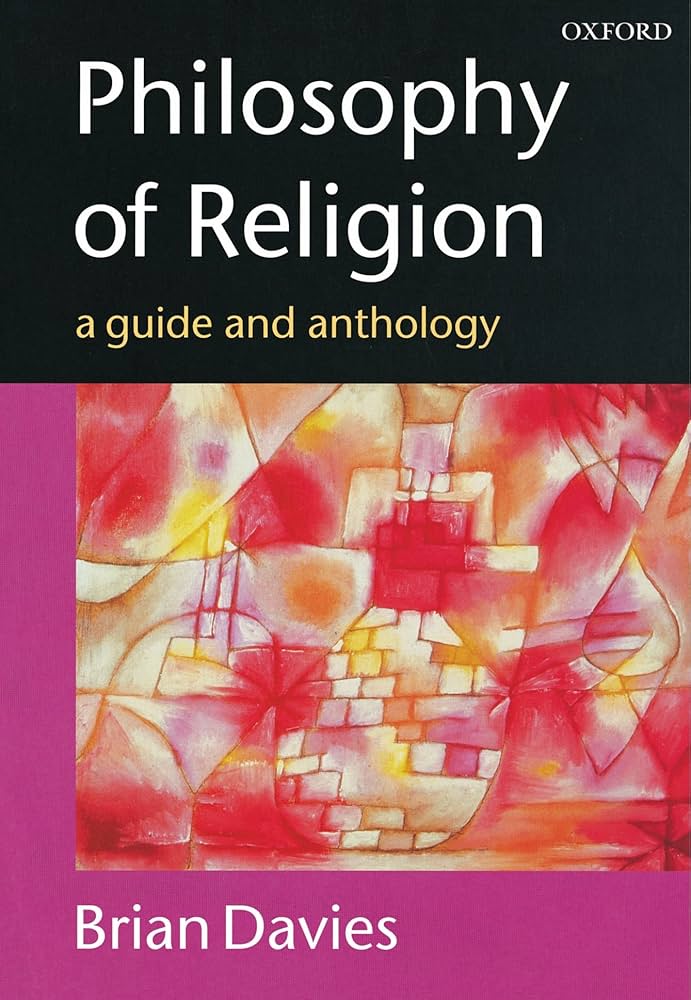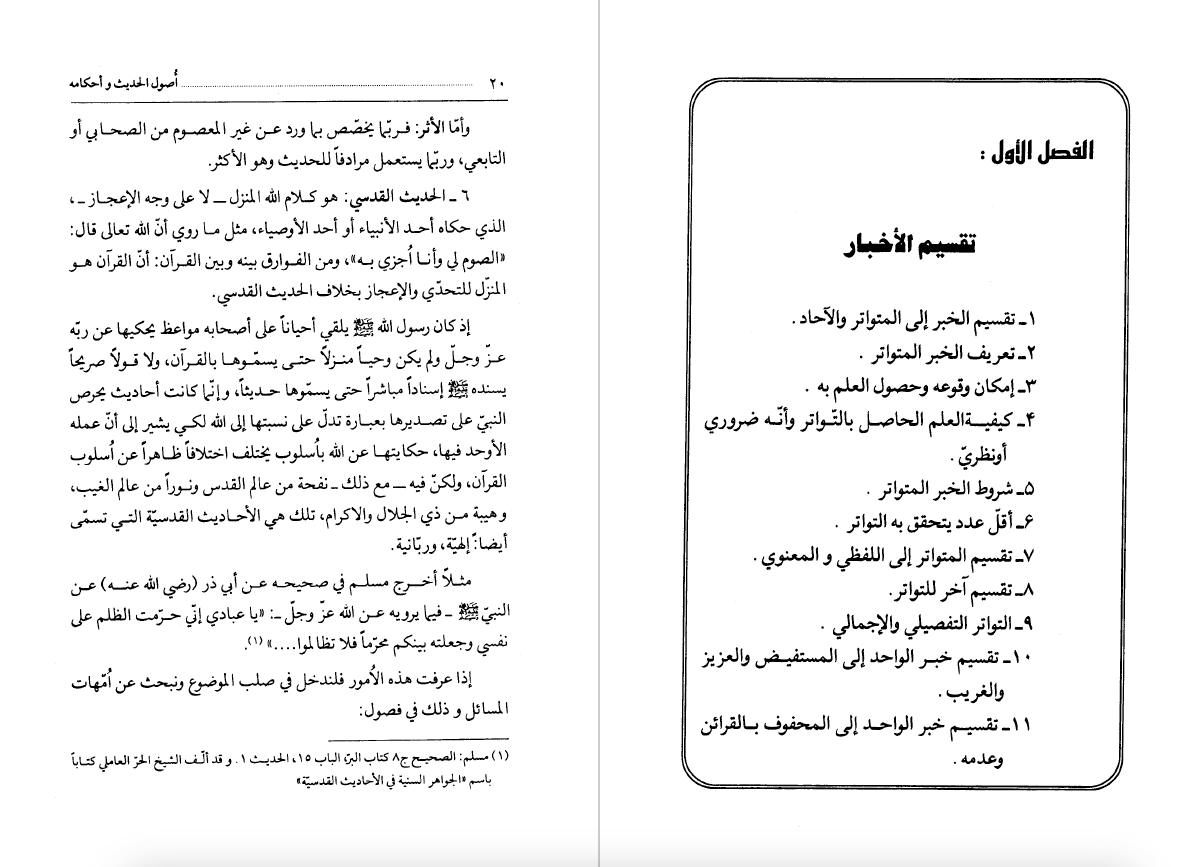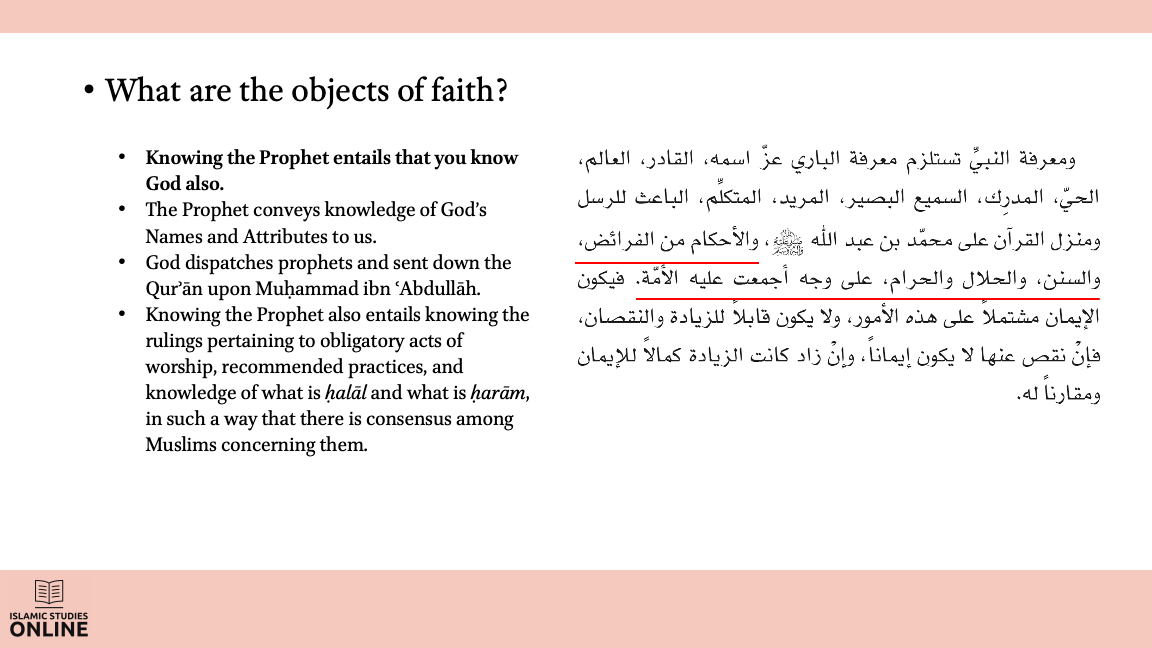Introduction to Philosophy of Religion
Video
20 hours in total
Text material
382 pages
Assessments
24 challenges
Certificates
3 Certificates
Why should I take this course?
Explore Timeless Questions
Delve into profound and universal questions about existence, morality, and the divine that have fascinated thinkers across cultures and centuries.
Develop Critical Thinking
Hone your ability to analyze, debate, and articulate complex ideas, skills that are valuable in both academic and professional contexts.
Engage with Diverse Perspectives
Gain insight into a variety of religious and philosophical traditions, fostering an appreciation for global perspectives and interfaith dialogue.
Learning outcomes:
Quality you can trust
On Demand Content
Complete course materials and high quality video recordings available at anytime, anywhere.
Structured Assessment
Our tutors design carefully structured online assessments to ensure that you are understanding core concepts at every step in the course
1-to-1 with your tutor
For an additional fee, you can book a slot in your tutor's calendar for a 1-to-1 tutorial and guidance.
Flexibility
Our courses offer complete flexibility. Students control the time and pace at which they read, watch and learn. You also get a range of payment options that offer great flexibility for all learners whatever their circumstances.
Practical
Our high-quality video content can be watched on any phone, tablet or computer. You can add your own notes and engage in colloborative conversations and discussions with other students using our online education tools.
Expert Guidance
Every course offered on Islamic Studies Online is delivered by a subject-specialist, an expert in the field, ensuring that you get the best quality education!
Meet the instructor
Jamie B. Turner
Jamie B. Turner is a doctoral researcher at the Birmingham Centre for Philosophy of Religion, University of Birmingham. His doctoral work and research publications have focused broadly on themes in the philosophy of religion approached from the perspective of concepts and ideas within the Islamic tradition.




